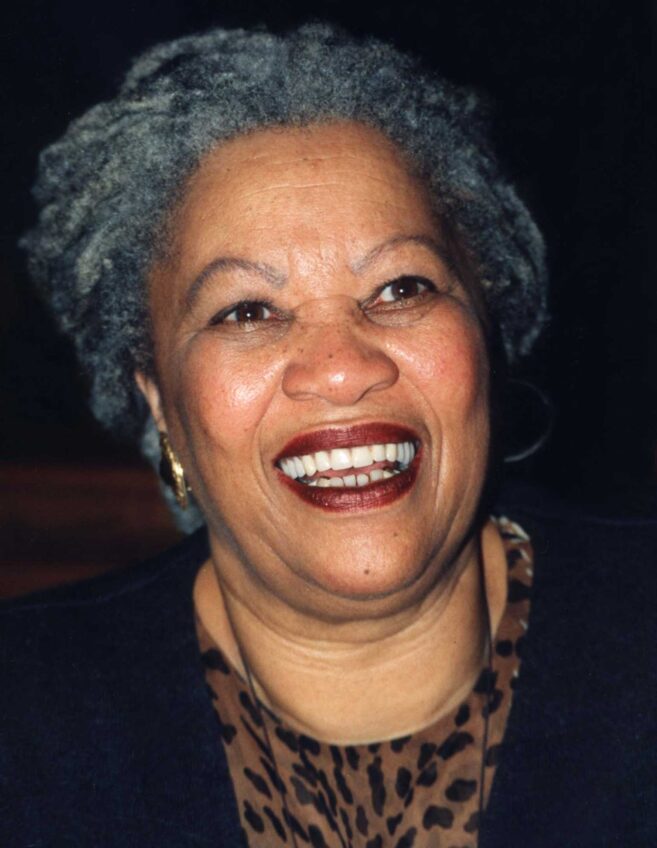Menthol cigarettes are still on the market after the Biden administration delayed its ban once again. Instead of announcing the new policy, on Dec. 6 — months after an initial spring 2023 deadline — the White House updated its regulatory agenda to reflect a new deadline of March 2024.
When the rules are finally released, the ban will prohibit the manufacturing, distribution and retailing of menthol cigarettes. It will not illegalize the individual use of the product.
But the deferral comes amid opposition from lobbyists and Black criminal justice advocates who say the ban could increase over-policing in the Black community.
Tobacco industry lobbyists attended a Nov. 20 meeting with White House officials about the ban. Black leaders and civil rights groups were also in attendance — including Ben Chavis of the National Newspaper Publishers Association, attorney Benjamin Crump, and Dwayne Crawford, executive director of the National Organization of Black Law Enforcement Executives, an organization that lists a global cigarette producer, Altria, as one of its sponsors.
A representative from Al Sharpton’s not-for-profit organization, National Action Network, was also present.
Sharpton and his organization have lobbied against menthol bans in the past. Both he and Crump have expressed concerns that a ban could lead to increased profiling and interactions between police and Black people.
The Rev. Dr. William J. Barber II, president of Repairers of the Breach, refuted that argument on a Dec. 7 press call.
“Some have alleged that menthol bans target the choice on Black Americans who smoke and could lead to an increase in police interactions, even though these policies regulate retailers and others in the industry,” he said. “It is cynical to try to pit discriminatory policing and excessive police force against putting a ban on menthol.”
Barber is one of several Black public health, faith, and civil rights leaders who expressed collective discontent about the setback. Yolonda C. Richardson, president and CEO of the Campaign for Tobacco-Free Kids, said the “delay is deadly.”
“Delay means the tobacco industry can continue to target Black communities and to profit at the expense of Black and other lives,” Richardson said.
Research has predicted several positive health outcomes of a menthol ban: one million Americans will quit smoking and 255,895 Black lives will be saved.
Dr. Enid Neptune, a pulmonary physician at Johns Hopkins Medical School, said menthol is “not just a flavor,” but a “drug” that tobacco companies knowingly pushed on consumers in the 1960s and 1970s.
Decades after the targeted campaigns in Black neighborhoods and publications, 45,000 Black people die from smoking each year, according to the Campaign for Tobacco-Free Kids.
“When we carry the banner of Black Lives Matter, we don’t just reserve that for those who are victims of the police or those who are victims of other kinds of social forces,” Neptune said. “We extend that to this community of patients who were targeted by an industry that could care less about African Americans.”
Other leaders on the conference call included Derrick Johnson, president and CEO of the NAACP; Shavon Arline-Bradley, president and CEO of the National Council of Negro Women; Carol McGruder, founder and co-chair of the African American Tobacco Control Leadership Council; and Melanie Campbell, president and CEO of the National Coalition on Black Civic Participation.
At the end of the call, McGruder shared that she and her organization have worked to ban menthol since 2009, when all other flavors were federally banned from cigarettes. After decades of marketing and addiction in the Black community, she believes healing will take time.
“It’s about the continuation to undo this harm that has been done, which will take a long time as well.”
Alexa Spencer is a freelance Health reporter.






